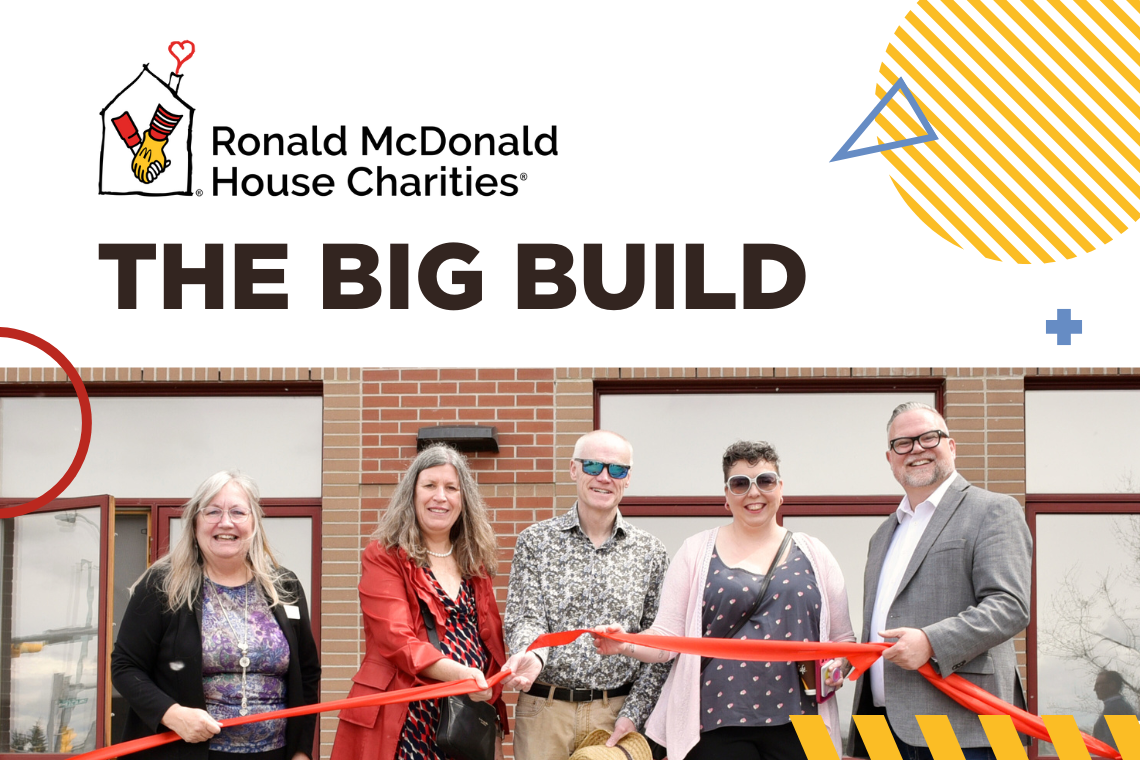
Aug. 06, 2015 | Shelley Boettcher
Migration to moderate
Housing demand expected to weakenMike Dunn moved to Calgary from Edmonton in July. He'd been thinking for a while about relocating, but when a friend offered him an affordable place to stay, he decided to take the plunge.
"It was like walking into a hurricane, to land here during Stampede, but it was good," he said with a laugh. "It seems like a place where if you work hard, you can pull off a decent living."
Dunn's not the first to switch area codes – and he won't be the last.
But he does represent a smaller number, as net migration — the difference between the number of people who have moved to Calgary, compared to the number who have moved away from the city — is at its lowest since 2011.
"We expect migration to slow sharply in Calgary this year," said Alan Arcand, associate director at the Conference Board of Canada's Centre for Municipal Studies.
"For the past few years, we've seen more than 30,000 people per year move to the city. But this year, we're expecting 14,000 or so."
Arcand's projections were cited in CREB®'s mid-year forecast update, which revised its estimates of net migration downward for the Calgary census metropolitan area, relative to its last forecast.
Keep in mind, the city is still growing, albeit at levels far lower than what we have become accustom to seeing, said Arcand.
"The growth that we saw the past three years just isn't sustainable," he said. "Fourteen thousand isn't a bad number at all."
And Alberta still leads the country in population growth. CREB® notes the province's relatively young population has contributed to these gains as births outweighed deaths in the first half of 2015.
Provincially, both the Conference Board of Canada and CREB® cite fewer high-paying energy sector jobs, combined with improving economies in British Columbia and Ontario, behind Alberta's difficulty in attracting migrants to the province.
"The outlook for central Canada is relatively stronger than it has been, but it's still one of moderate growth," said Arcand. "That means fewer people will feel the need to leave Central Canada, to go to Alberta to find better opportunities."
Low oil prices have also hurt the province's economy.
"With fewer job opportunities, fewer people will be lured to the Calgary area to seek employment," said Arcand.
While further gains in population are encouraging, housing will be impacted by weaker net migration, said CREB®.
Arcand agrees, adding, "we predicted a big drop in housing starts in 2015, a prediction that is already coming true. There were 17,100 in 2014, and this year we expect 11,500."
Arcand notes the expected housing downturn will not be as severe as the one experienced during the global recession in 2009.
"There were only 6,300 housing starts that year," he said. "We're not expecting that kind of weakness. We're nowhere near those kinds of numbers."
As for Dunn, he isn't worried. For now, he has a roof over his head and plenty of work.
And he hasn't ruled out buying a house, admitting that day may be a long time down the road, if he decides to stay in Calgary.
"All cities are expensive – that's not going to change," he said. "If you want to live very frugally, you can always move to a small town. Not me. I enjoy the action in a city. I like to be where things are happening."
Tagged: Calgary Real Estate News | Conference Board of Canada | Housing Market | in-migration | mid-year forecast | oil and gas | Population




